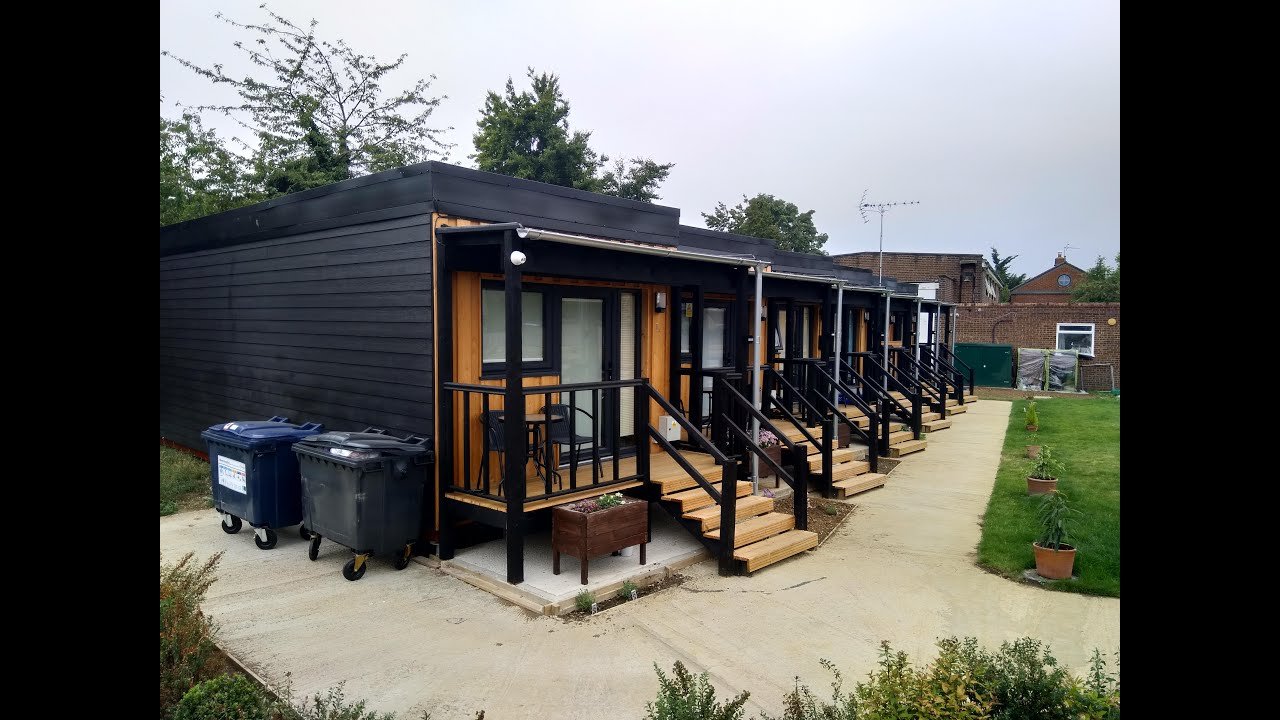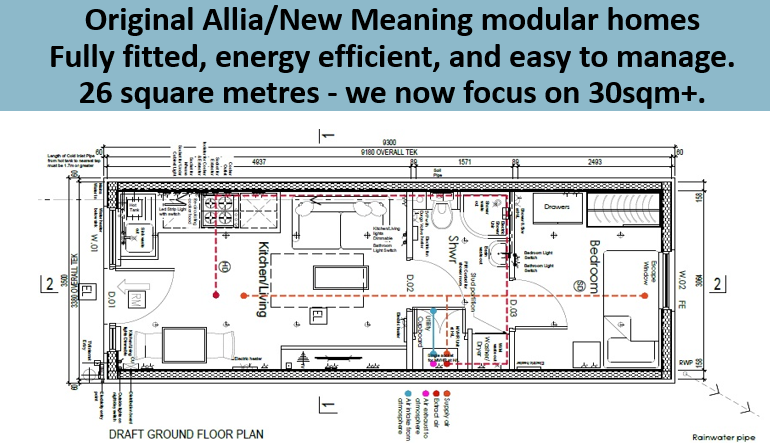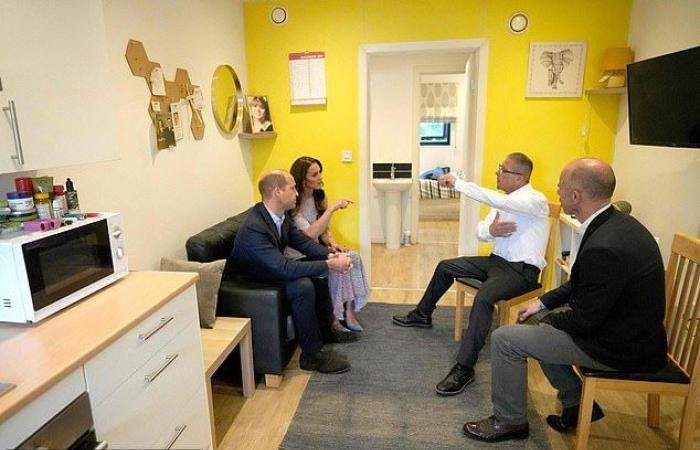Christ the Redeemer, Cambridge
The Story in Brief
The parish lies in one of the poorer parts of Cambridge, and the church wanted to build a supported modular home community for local homeless people. Read how they transformed an empty plot of land next to the church building.
A summary is below; read the full version here >
-
Starting point
Cambridge is a city marked by stark inequality. Christ the Redeemer is in Barnwell, one of the most deprived wards. The church serves as a community hub, reaching out to individuals struggling with addictions, mental health issues, and homelessness. The 1950s church is on a large plot that is due for redevelopment.
-
The plan
Four local agencies collaborated with the church to design and create a modular housing project for people experiencing homelessness. The homes would be built on an unused part of the church site.
Allia: A social enterprise supporting start-ups and charities
Jimmy’s Cambridge: A local homelessness charity
New Meaning Foundation: A social enterprise training disadvantaged youth in ethical construction
Cambridge City Council
The goal was to provide individuals experiencing homelessness with their own home and support to help them move towards independent living.
-
The journey
The church leased part of its land to Allia, which managed and funded the project. Planning permission was granted in 2019 and the 25 sq.m. modular homes were built offsite by New Meaning Foundation. The houses were transported to the church plot and installed, then Jimmy’s Cambridge handled the allocation of homes and resident support; the church provided friendship and a community to the residents.
Allia secured pro bono and in-kind contributions from several local businesses which helped keep the costs down.
The six modular homes were opened in 2020, and the lease has since been extended. Most original residents have moved on to their own flats, allowing new individuals to benefit.
-
Resources
The initial cost per home was £33,000, with additional costs for furnishing and site development. The total value of contributions from local partners was approximately £10,000 per home. Due to rising costs, the total development cost per home in June 2025 is over £80,000.
The scheme was mostly funded through a commercial loan, which is being paid off from the rent that is covered by housing benefit.
-
Keys to success and biggest challenges
Success factors included clear land usage plans, team unity, and competent project management. Challenges included being the first project of its kind on a church site and delays caused by the Covid pandemic.
-
Final outcomes
In the five years since opening, so far 16 previously homeless individuals have found a place to call home.
The Church Housing Foundation made a short video about this project which you can view here.

The modular homes completed, with their shared garden space which encourages neighbourliness,

Architect's design of the modular home

Eammon, one of the first residents, tells some VIP guests what he likes about his home.


